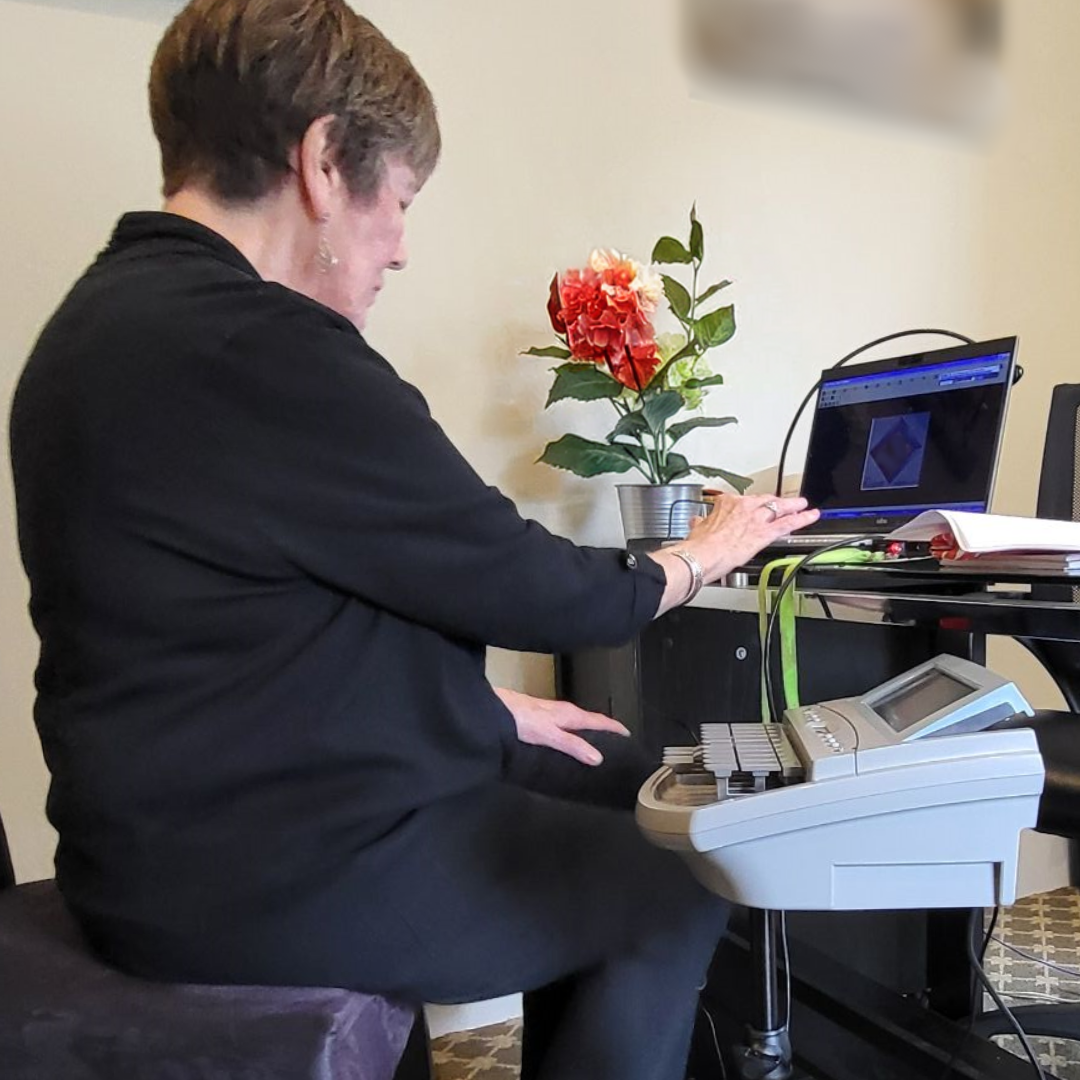How Excellent Court Reporting Can Smooth the Process of Conducting Remote Depositions
The keys to a smooth-running remote deposition are "setting" both locations in advance, coordination during the deposition, and "planning for adversity."
Experienced Court Reporters Make Remote Depositions Easy
Conducting depositions remotely is relatively common in legal proceedings if a witness is not within a reasonable driving distance from the court district. Remote depositions have some obvious benefits, including reducing travel, hotel, and related expenses for witnesses and attorneys, saving time that would have been spent in traveling, mitigating environmental impacts, and more.

On the other hand, there are some unique challenges for conducting remote depositions. This is the case for any sort of meeting or event that occurs simultaneously in more than one location. This is where having excellent court reporting — like Elizabeth Gallo Court Reporting, LLC — can help smooth out those difficulties. If you need court reporting services, call us here at (866) 689-1837. We accept orders via email, phone, and via telefax at (866) 870 – 6032.
The keys to a smooth-running remote deposition are “setting” both locations in advance, coordination during the deposition, and “planning for adversity.”
A Court Reporter Prepares the Room Early.
Excellent court reporters always arrive as early as possible to “set” the room in advance for the remote deposition. This is not always possible, but it is the best practice. Attorneys control the factual and legal aspects of a deposition, but a good court reporter controls the setting to ensure that the questions and answers are accurately recorded and transcribed.
“Setting” the room involves having the stenotype and recording machines ready to begin and having paper, exhibit stickers, and other materials ready for immediate use. For remote depositions, “setting” the room involves accomplishing this at both locations. Generally, your excellent court reporter will arrive at least an hour early and be in quick communication with the staff at the remote location. Video, audio, and computer linkages must be tested and adjusted accordingly. If documents and exhibits have already been provided to the attorneys at the remote location, those should also be made ready. If not, then copies should be sent during the “prep stage,” or plans should be made for sending the documents/exhibits in an efficient and timely fashion as the deposition proceeds.
The Difference of an Experienced Human In The Room.
As the start time approaches, good court reporters also check and test to ensure that the video, audio, and computer connections are working at peak performance — or, at least, working sufficiently to accurately relay the questions and receive the responses.
Where possible, it is often best to have the known deposition exhibits marked/stickered in advance. This is true with any deposition, but this is particularly helpful with remote depositions. This is not strictly necessary, and marking exhibits can be done on an ongoing-in-deposition basis. However, everyone will need to have some patience as that is done. This is part of the coordination aspect of a remote deposition.
Another aspect of coordination is to ensure and test the ability to transmit new documents during the deposition. Inevitably, one of the attorneys will want to mark a new document as an exhibit. Possibly, that new document is not in the hands of the attorneys at the remote location. Thus, there must be a method of efficiently transferring a copy (via electronic transmission or even via facsimile). This might involve the necessity to scan the document; good court reporters are prepared for this.
Finally, excellent court reporting services will have possible solutions for unexpected adversity. These can include problems with the internet linkages, problems with the remote service platform, the inability of parties to sign in and “join” the remote meeting, etc. Good court reporters will have various solutions to these types of unexpected events and will resolve the problems as quickly as possible.
Contact Elizabeth Gallo Court Reporting Today For Experienced Reporters.
For more information, call the experienced court reporters at Elizabeth Gallo Court Reporting. We follow the best practices in order to provide excellent litigation support to our customers. Contact us today to learn about our services and how we can help you.





